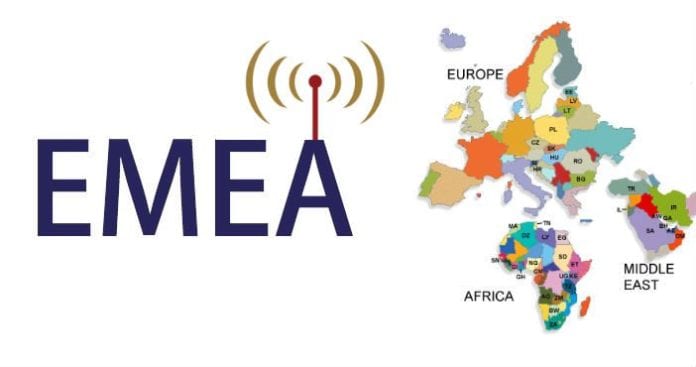Angel Merkel was the keynote speaker at Vodafone’s Digitising Europe conference last week and shared her vision for net neutrality.
Some services in the digital economy require different levels of service and should be treated differently than other data, she said. As a result, her vision is that Internet services should be split: one “network” for free Internet best-effort level of service and one for “special services.” Not separate physical networks, but separate traffic types. Although how this would work in reality wasn’t discussed.
Her view is that without this split, the desire for innovation on the Internet would be stifled. Without a predictable quality of experience, some potential innovators may be turned against implementing Internet-based services. Although many users understand the experience comes from the network and not the content or service provider, not all average users realize that. The idea is not to deploy additional infrastructure, just different levels of service performance based on the specific activity taking place.
The Social Democratic Party MEP, Petra Kammerevert, disagreed. She said that with Merkel’s view there could never be a common European Council position on net neutrality. The European Council, made up of heads of state and government from the EU member countries, works with the European Parliament, which by the way voted against a two-tier Internet scheme in April. She felt that “Merkel’s comments are catastrophic, she’s calling for a two-tier Internet.”
Others also spoke out strongly against Merkel’s statements, accusing her of working with telecommunications lobbyists and said her views would make the Internet no longer a democratic platform where all content can be accessed by anyone.
Merkel continued with a discussion of driverless cars and telemedicine as examples of content that always require fast and secure connectivity and could not be successful on a best-effort Internet. “We can’t talk about net neutrality if the capacity to have it isn’t available,” she said, adding that she believes more jobs will be created with the two-tier scenario.
Currently the European Union mandates full net neutrality, but is in discussions to determine the best way forward. If a limited set of traffic operates in this fashion going forward, operators will still have the ability to determine how much bandwidth they allocate to the free vs. paid services, counter to the goals of net neutrality.
Recently I spoke off-the-record with an individual involved in the European net neutrality discussions with an interesting view on this topic. Given the number of competitive providers in the EU, the operators are already having to work together. Stalling on this topic is not about the operators, it’s about lawyers trying to tell operators how to run their networks, member state lobbyists who don’t understand the technology and a desire to wait for the U.S. to go first. His solution is a Hippocratic oath of telcos. When swearing a Hippocratic oath as a medical professional you agree to do no harm. Why couldn’t telcos agree to do no harm to their customers and try to work it out by working together? I’m not sure I feel comfortable with this solution, but I do agree with the points made that there are too many people involved in these discussions that likely have no idea how the Internet actually works.

